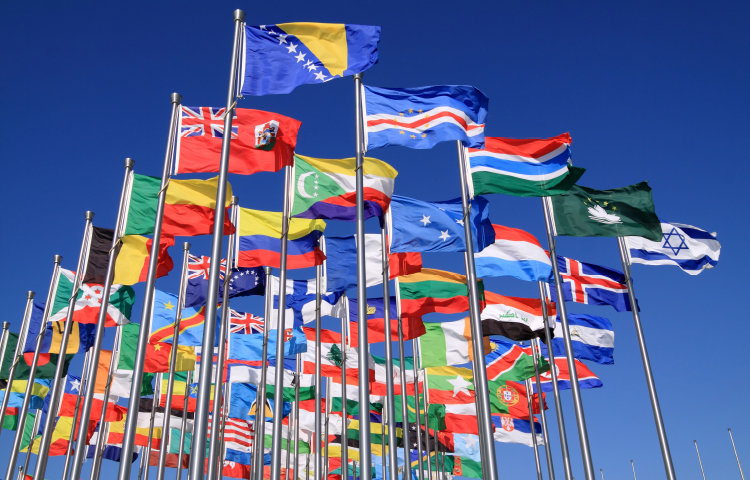An end to the proposed ban on double-hatting?

Ciarb attended the 44th session of UNCITRAL Working Group III (WG III) in its capacity as observer. This special session in January was called outside the usual schedule to complete the proposed Code of Conduct for Adjudicators (Code). Completion of the Code will mark the first official work product produced by WG III since taking up the subject of Investor State Dispute Settlement (ISDS) Reform in 2017.
The Code was initially drafted by the UNCITRAL Secretariat in 2019 and has since undergone many revisions. The final version is expected to contain 11 articles and be separated into two versions: one for arbitrators which could be applied immediately within the current ISDS system; and one for judges who might one day sit as part of the European Union’s proposed standing multi-lateral investment court (MIC). The Code seeks to make certain behaviours obligatory for arbitrators and is an expression of the states’ view of standard ethical best practices that should be applied in arbitral proceedings, particularly where they are parties to the dispute. For the most part, the Code has been an opportunity for much-needed transparent discussions about appointment practices commonly used by parties in ISDS. However, the Code has also created immense controversy and contention on a single point: a proposed ban on double hatting, contained in the initially drafted Article 4.
Article 4, initially introduced by the EU, contained what amounted to a total ban on arbitrators in disputes involving states from acting in any other capacity in arbitration while sitting as an arbitrator. It was put forward as a necessity to salvage the reputation and legitimacy of the ISDS system. However, scant evidence was ever presented to show that double hatting is a pervasive issue that undermines the legitimacy of outcomes to any significant level in ISDS. There are a small handful of examples showing situations where sitting arbitrators acting in other cases with a variety of roles have run into problems of perceived lack of independence and/or impartiality. But, to many observers, investors, practitioners, and even states, this problem is not significant enough to warrant an outright ban on the practice. Indeed, the perception among many stakeholders was that the real intent behind Article 4 was to make sitting as an arbitrator in ISDS disputes so onerous that the only practical option would be to switch to resolving these disputes in a litigative standing court mechanism.
Yet there was consensus that the Code could provide guidance to parties and arbitrators in mitigating the risks of taking on multiple roles and ensuring that doing so would not undermine perceived impartiality and independence, particularly for those sitting as arbitrators. Article 4 accordingly underwent numerous redrafts but was the last remaining article where consensus could not be reached. The 44th special session saw the brewing tensions come to a head. After a contentious debate and significant shuttle diplomacy efforts on the part of a few key states, a consensus was reached and, in the end, Article 4 language creating either an actual or a de facto ban on double hatting has been eliminated. Instead, the new proposal, led by the UK and the US with strong support from countries including Lebanon, Bahrain, India, South Korea, and others, incorporates a strengthened disclosure regimen into the draft’s Article 11. The proposal also includes amendments to language in other Articles, such as Article 1, to more narrowly define the situations and, as one delegation put it, to address the double hatting issue in proportion to the reality of the problem.
In the end, states’ concerns over creating restrictions on party autonomy, the ability of parties to choose their own arbitrators, and the potential knock on effects such an instrument could have on domestic legal practice, on ongoing disputes, and on commercial arbitration practice were much greater than any issues that the practice of double hatting has brought forward. While some states remain in support of comprehensive double hatting restrictions, many others have reminded the group that states are not prevented from imposing additional restrictions on arbitrators in cases they may be involved in via means already available. Such mechanisms include robust terms of reference agreements with arbitrators and through their own policy regimes. Notably, the EU, while stating that the elimination of Article 4 and the absorption of double hatting language into other articles was not their ideal outcome, agreed to compromises on a level not seen previously. However, the outcome shows the motivation states currently feel to complete the project and move resources on to other reform initiatives.
Further discussions to finalise the amendments are expected to take place in the next regular session in March of this year.



